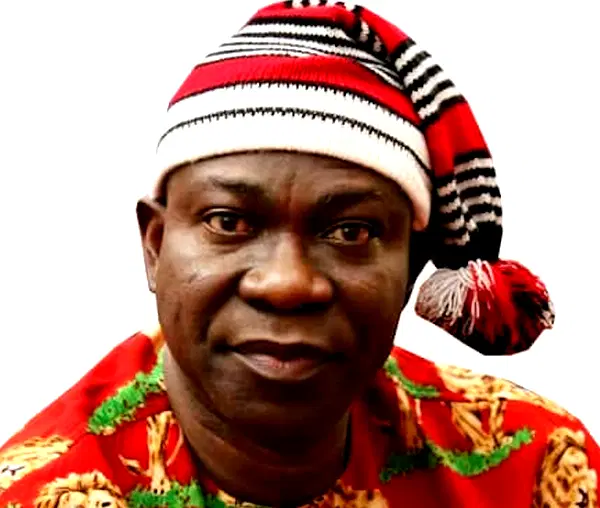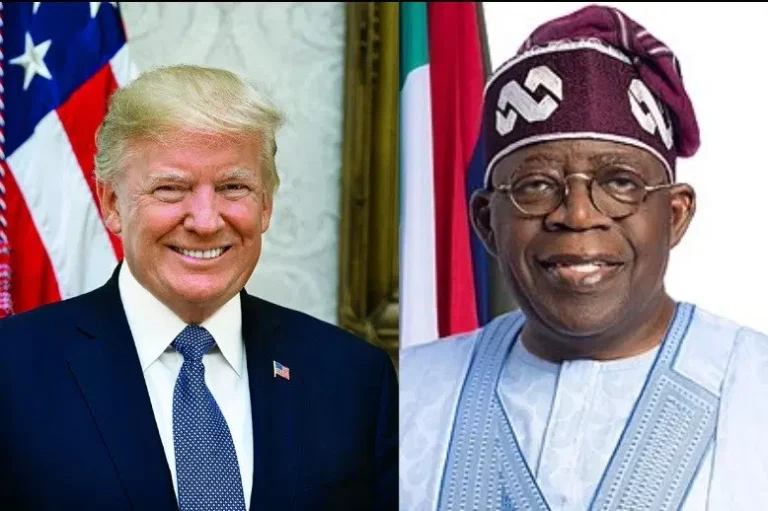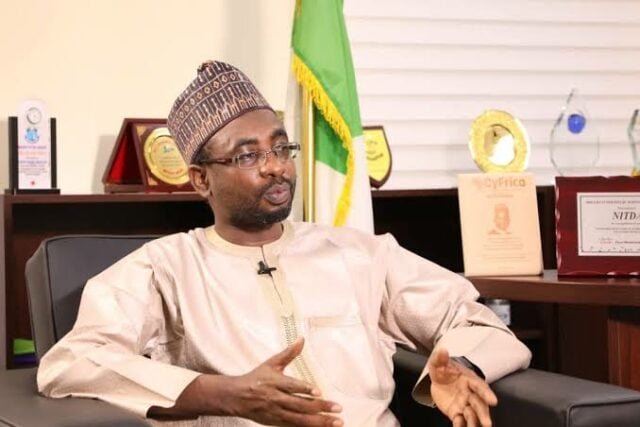
In the backdrop of two ongoing wars and strained trade relations, officials from the European Union (EU) and China have initiated talks with the hope of fostering “mutually beneficial” ties.
Analysts caution that both sides are unlikely to achieve their desired outcomes, setting the stage for a challenging negotiation process. The first in-person EU-China summit in over four years witnessed leaders emphasizing the importance of not viewing each other as rivals and addressing existing differences.
Chinese President Xi Jinping conveyed a warning to top EU officials during the meeting in Beijing, urging against confrontation based on the differing political systems of China and Europe. He specifically called for the elimination of all forms of interference in the bilateral relationship.
Simultaneously, European Commission President Ursula von der Leyen acknowledged China as the EU’s largest trading partner but highlighted the presence of clear imbalances and differences that demand attention. She emphasized the need to manage concerns responsibly when interests do not align, citing instances of cooperation on artificial intelligence and climate change.
The summit, attended by European Council President Charles Michel and EU foreign policy chief Josep Borrell, aimed to establish a stable and mutually beneficial relationship grounded in principles of transparency, predictability, and reciprocity.
While common ground is anticipated on global challenges like climate change and biodiversity, bridging gaps on trade and power politics issues may prove more complicated.
The EU’s agenda includes addressing trade imbalances, particularly the approximately 400-billion-euro ($431.7bn) trade deficit with China. The EU’s anti-subsidy investigation into Chinese electric vehicles and the “de-risking” policy to reduce dependence on Chinese imports, especially critical raw materials, have faced resistance from China.
Chinese officials underscore the economic risks posed by protectionist policies and the “politicization” of trade matters. The sensitive issue of China’s relationship with Russia is also on the agenda, where the EU seeks Chinese pressure on Moscow to end the invasion of Ukraine. However, President Xi highlighted his “deep friendship” with Russian President Vladimir Putin.
The ongoing conflict between Israel and Hamas and tensions regarding self-ruled Taiwan will be significant points of discussion, according to the EU.
During the meeting, President Xi stressed the necessity for joint responses to global challenges, promoting world stability, and fostering prosperity. Despite expressions of camaraderie and optimism for cooperation, analysts predict that reaching agreements on many agenda points will be challenging, with Nicholas Bequelin, a senior fellow at Yale’s Paul Tsai China Center, asserting that both sides are unlikely to fully satisfy each other’s expectations.
For More Updates, join our WhatsApp Group and Telegram Channel






